On the morning of June 28, Deputy Minister of Education and Training Hoang Minh Son chaired a conference to collect opinions on the draft Law on Vocational Education (amended) in Ho Chi Minh City.
Deputy Minister Hoang Minh Son commented that after more than 10 years of implementation, the 2014 Law on Vocational Education has made significant contributions to human resource development, serving the country's socio -economic development.
However, in the face of rapid changes in practice, current laws have revealed many problems, inadequacies, lack of uniformity and have not been able to meet new development requirements.
Challenges and opportunities to create new legal corridors
Deputy Minister Hoang Minh Son said that the law was built for everyone to implement, from state management agencies to vocational training institutions and learners.
Therefore, the participation and contribution of teachers is extremely important, because the ultimate goal is to implement the law most effectively.
According to the Deputy Minister, the current context of the country and the world is posing unprecedented demands and challenges for vocational education.
This is clearly demonstrated through the need for human resource structure and capacity, in order to meet the trend of international integration, digital transformation, green transformation, private economic development and innovation.
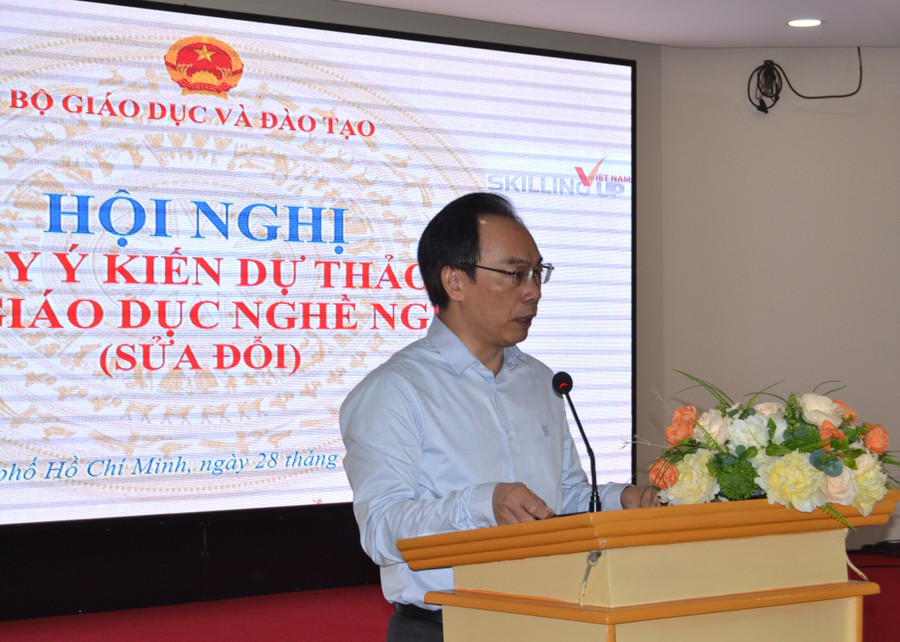
The recent issuance of many major and strong policies by the Party requires timely and complete institutionalization. In that context, Deputy Minister Hoang Minh Son said that the development of a new law to replace the 2014 Law on Vocational Education is a great opportunity.
"This is an opportunity for us to adjust and improve the legal corridor, creating a new development space - both management space and legal space. We can remove bottlenecks and shortcomings and provide clear directions and policies for the coming time," the Deputy Minister analyzed.
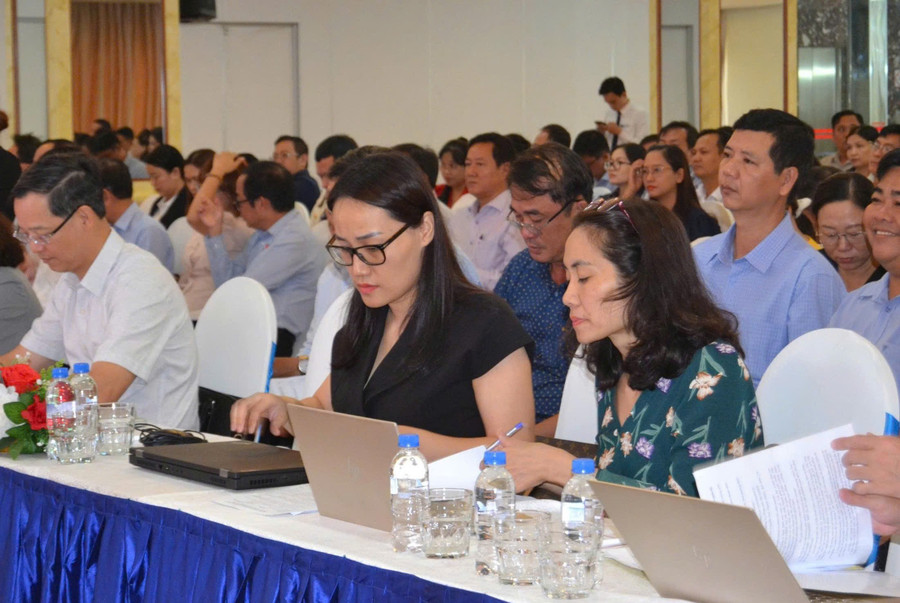
Besides opportunities, Deputy Minister Hoang Minh Son also pointed out many challenges in law-making. The first and most important challenge is how to make the law sustainable, with a long-term vision for the next 5-10 years, or even further.
"Of course, no law is eternal, but we must try to avoid a situation where in a few years many shortcomings are discovered and must be amended," said the Deputy Minister.
The second challenge is to comprehensively meet development goals of quality, scale and equity.
In terms of scale, the law needs to create conditions for all people, of all ages, regions, and target groups, to be able to access vocational education.
In terms of equity, it is necessary to ensure equal access to opportunities for all.
However, the Deputy Minister emphasized that the most important thing is still quality. This is a consistent requirement, which must meet the needs of the economy, employers and the learning needs of the people.
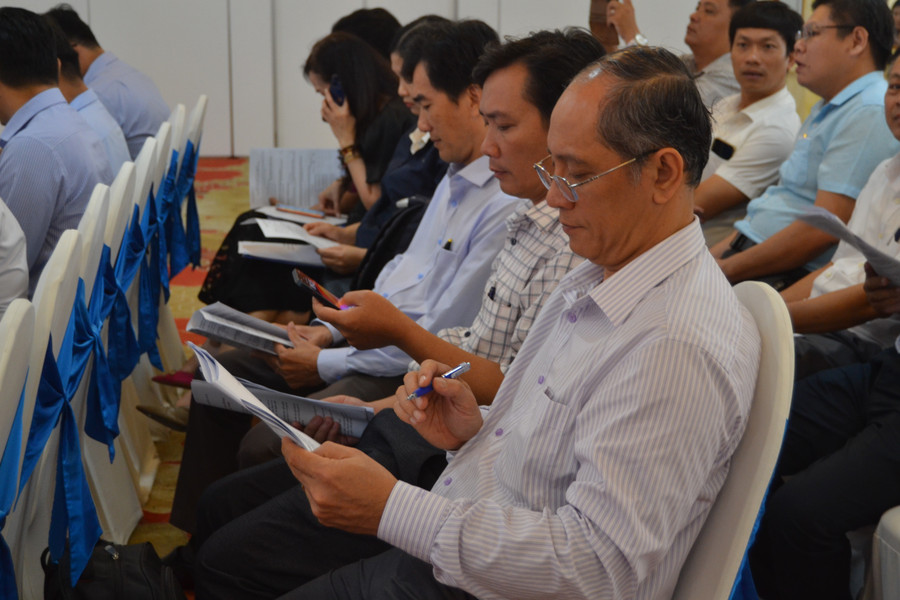
In addition, another challenge in drafting a law comes from time pressure. The law-making process, from policy formation to finalization of the draft, only takes about 6-7 months, and the time for public consultation is also significantly shortened. This requires a high level of intellectual concentration from experts, managers and training institutions.
3 directions of revision, 4 contents
The representative of the drafting committee, Ms. Nguyen Thi Viet Huong, Deputy Director of the Department of Vocational Education - Continuing Education (Ministry of Education and Training), emphasized that the foundation of development in education does not only come from breakthroughs but must be based on inheritance, stability and sustainability.
With a high sense of responsibility, the draft Law on Vocational Education (amended) will balance innovation and inherit the positive values of previous laws.
Accordingly, the drafting committee will focus on three main directions:
Courageously remove familiar but no longer relevant rules.
Amend and supplement to thoroughly overcome practical shortcomings, with special focus on reducing and simplifying administrative procedures.
Supplementing new regulations is necessary to fill legal gaps and meet development requirements in the coming period.
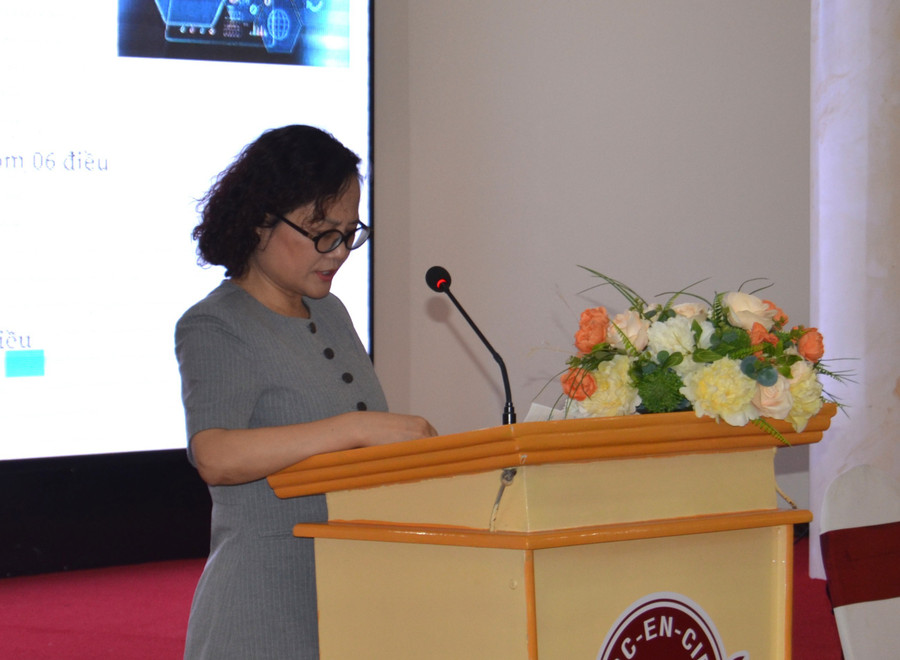
To make the contributions in-depth and substantive, Deputy Minister Hoang Minh Son asked the delegates to focus on 4 core contents.
Firstly, has the draft law resolved the problems and difficulties in practice? The Deputy Minister suggested a breakthrough approach: instead of just "patching" the problems, building a new law can completely make the old problems no longer exist.
Second, are there any legal gaps or omissions? This is very important to avoid creating new loopholes when the law is enacted.
Third, has the draft fully institutionalized the Party's major policies and orientations on science and technology development, private economy, international integration, digital transformation, green transformation, etc.? The law must pave the way for the implementation of these policies in practice.
Fourth, do the contents of the law meet the increasingly high requirements of practice, not only for the present but also for the next 5-15 years?
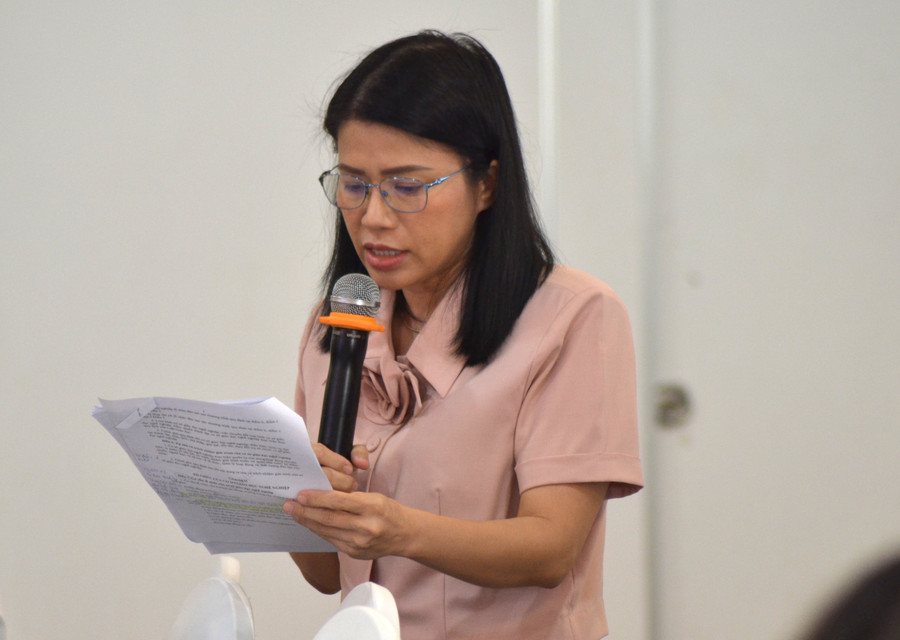
Photo: H. P
"The delegates contributed their opinions comprehensively and objectively, from many different perspectives - from management agencies, departments, to each educational institution. The drafting committee appreciates all opinions, including opposing opinions, because the diversity in perspectives will help perfect the draft law in the best way, creating a truly high-quality legal document, paving the way for the strong development of vocational education in the new period," Deputy Minister Hoang Minh Son emphasized.
Source: https://giaoducthoidai.vn/thao-go-diem-nghen-kien-tao-hanh-lang-phap-ly-cho-tuong-lai-post737676.html


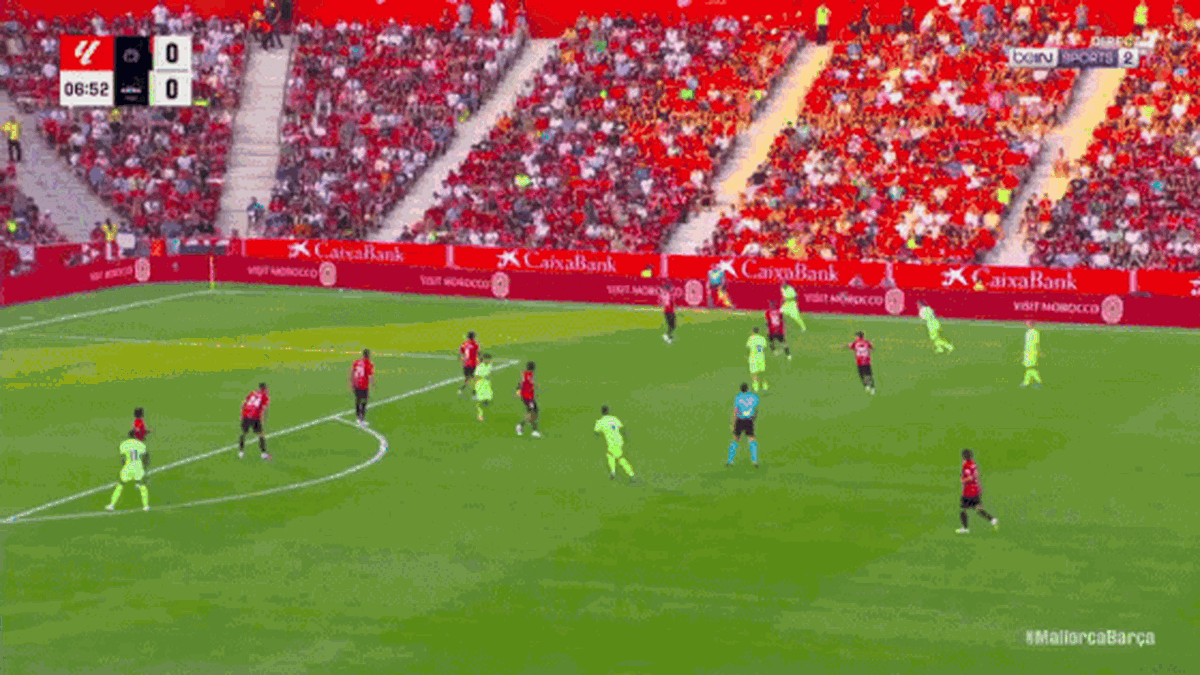







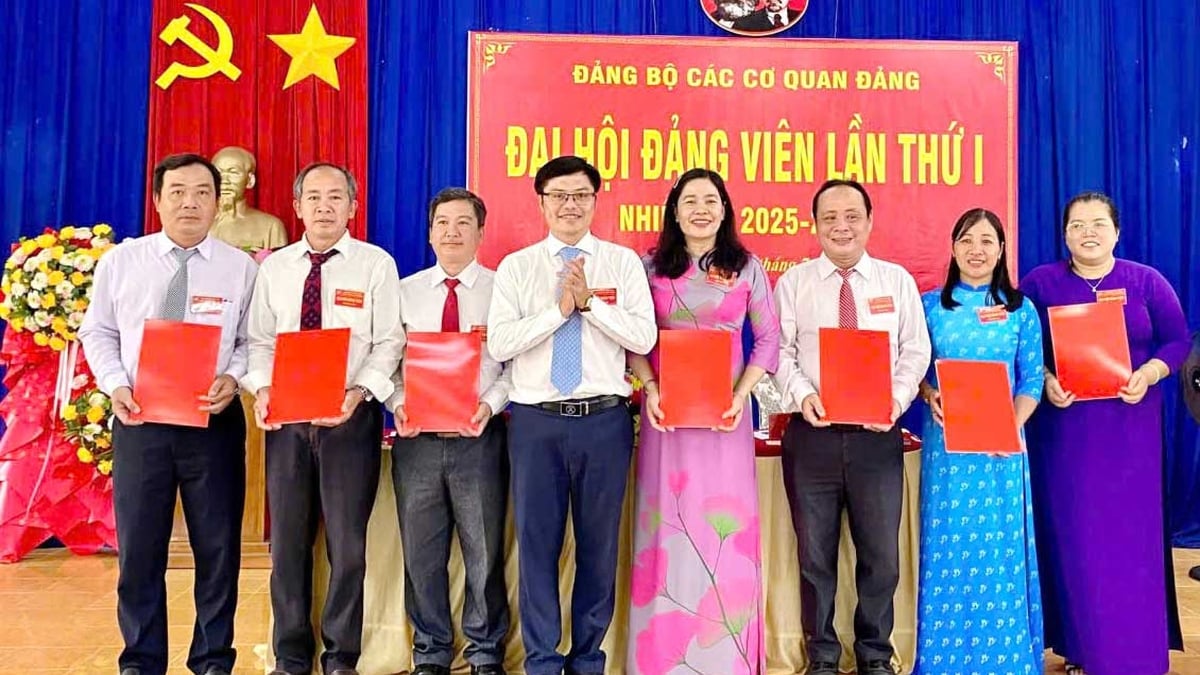











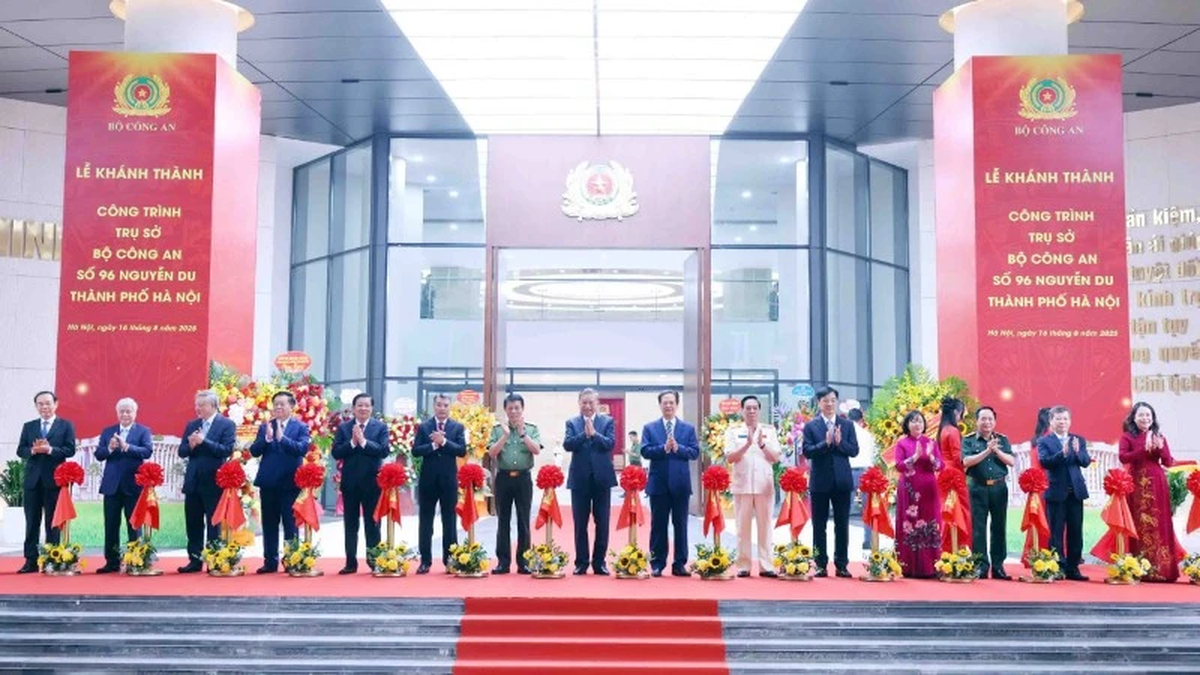
![[Photo] National Assembly Chairman Tran Thanh Man attends the program "Returning to the source - Towards the future"](https://vphoto.vietnam.vn/thumb/1200x675/vietnam/resource/IMAGE/2025/8/16/d081d9c162ee4ed9919e723aa322a53a)
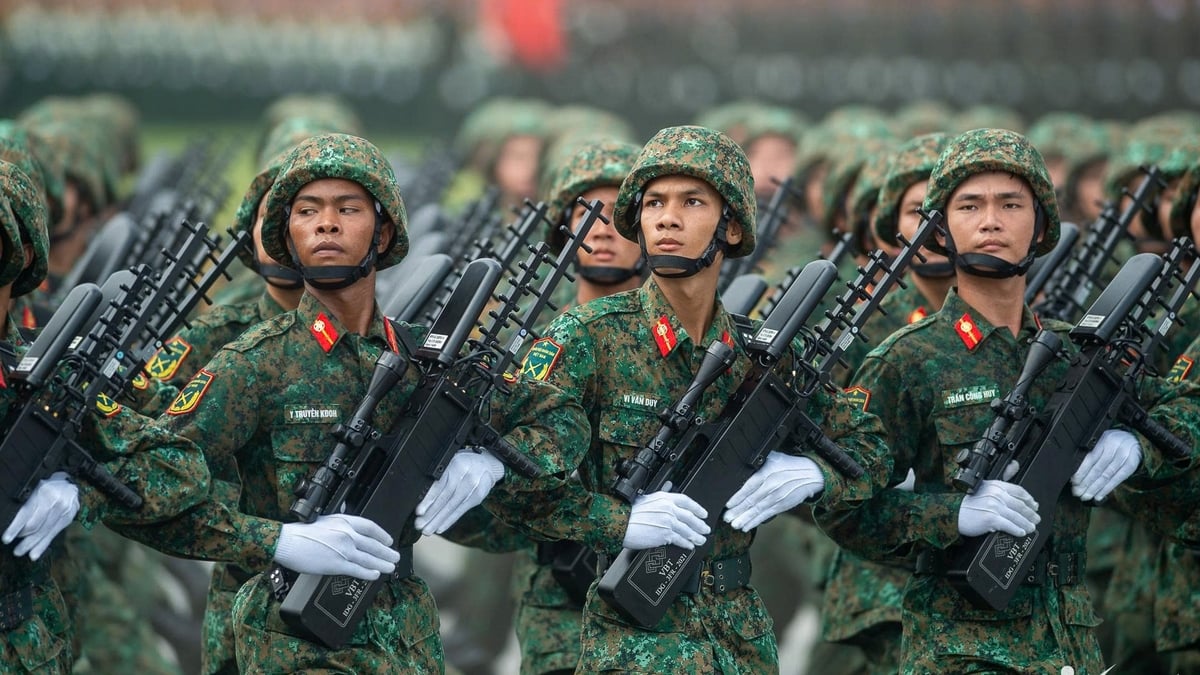


![[Photo] General Secretary attends the inauguration ceremony of the Ministry of Public Security Headquarters](https://vphoto.vietnam.vn/thumb/1200x675/vietnam/resource/IMAGE/2025/8/16/3ceec3a24ef945c18ae2b523563b749d)


















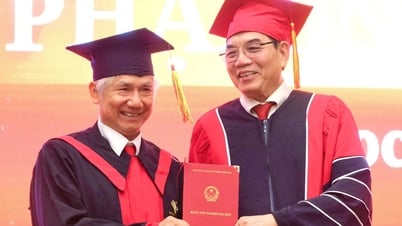


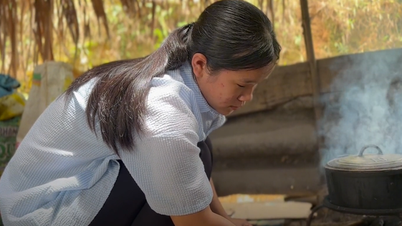

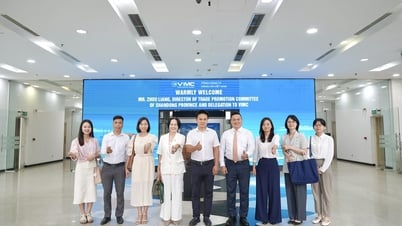

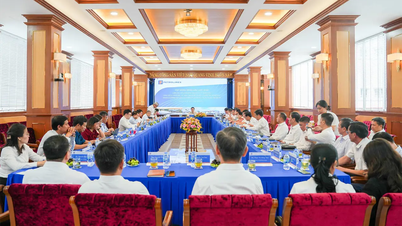

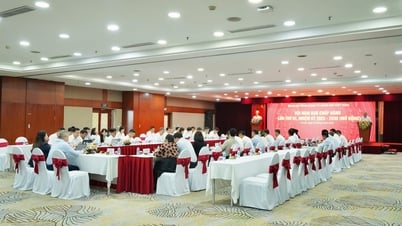




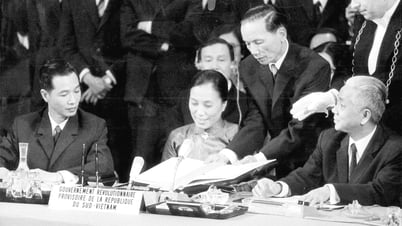

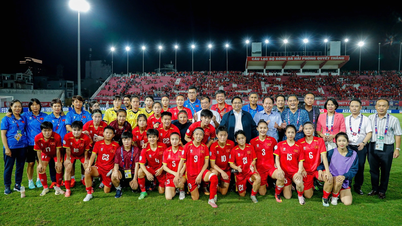









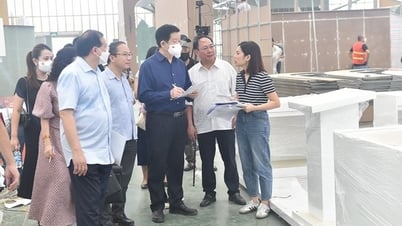






















Comment (0)